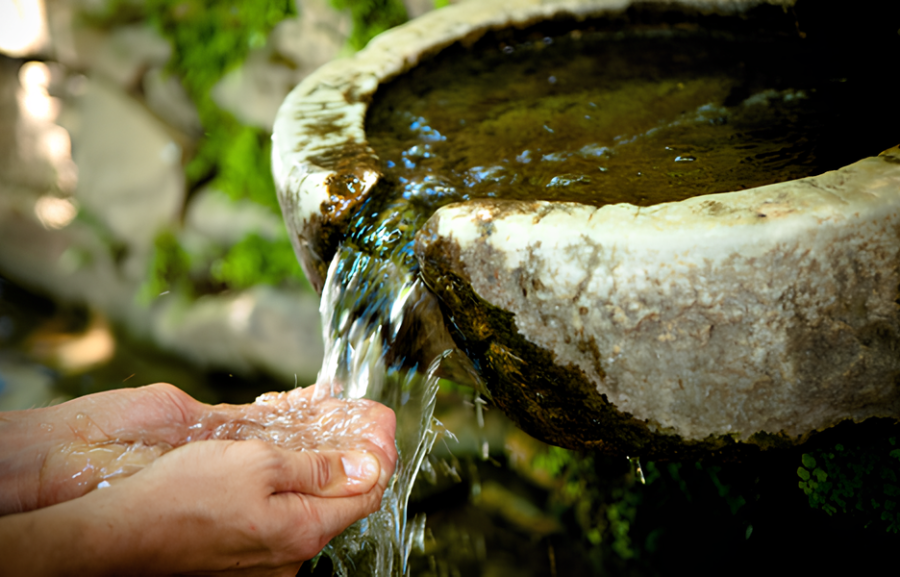16.09.2025
Freshwater Resources
Which countries have the largest freshwater reserves?

Freshwater is one of humanity’s most important natural resources, but it is not evenly distributed by nature. Some countries are rich in lakes, rivers, and glaciers, while others face severe scarcity. According to the World Bank, only about 2.5% of the Earth’s total water volume is freshwater, and most of it is locked in glaciers and underground sources.
Brazil is the global leader in renewable freshwater reserves — thanks to the Amazon Basin, which alone provides one-fifth of the world’s river runoff, giving the country 13% of global reserves.
Russia accounts for more than 10% of the world’s freshwater. The country has thousands of rivers and lakes, including Lake Baikal, which contains around 20% of the planet’s unfrozen freshwater reserves.
Canada (6.7%) is also among the richest countries in terms of freshwater. It has more than two million lakes, including the Great Lakes, which hold about 84% of North America’s surface freshwater.
The United States (6.6%) possesses significant reserves, with major river systems such as the Mississippi, Colorado, and Columbia providing water for millions of people. However, water scarcity is becoming an increasingly serious problem in the southwest due to the rapid depletion of aquifers.
China (6.6%) also has large freshwater reserves, but their distribution is uneven: the north suffers from droughts, while the south receives much more rainfall. The Yangtze River is the most vital source, supporting agriculture, industry, and over 400 million people.
